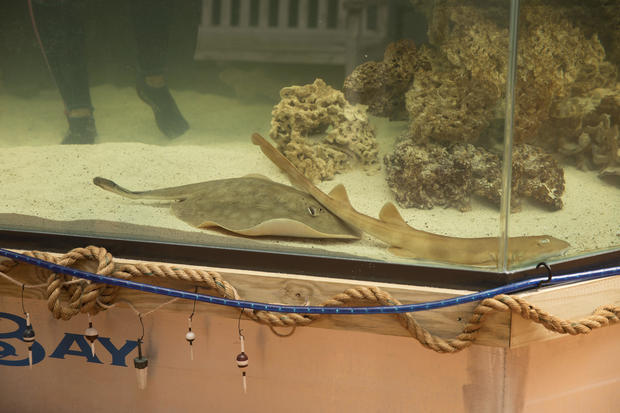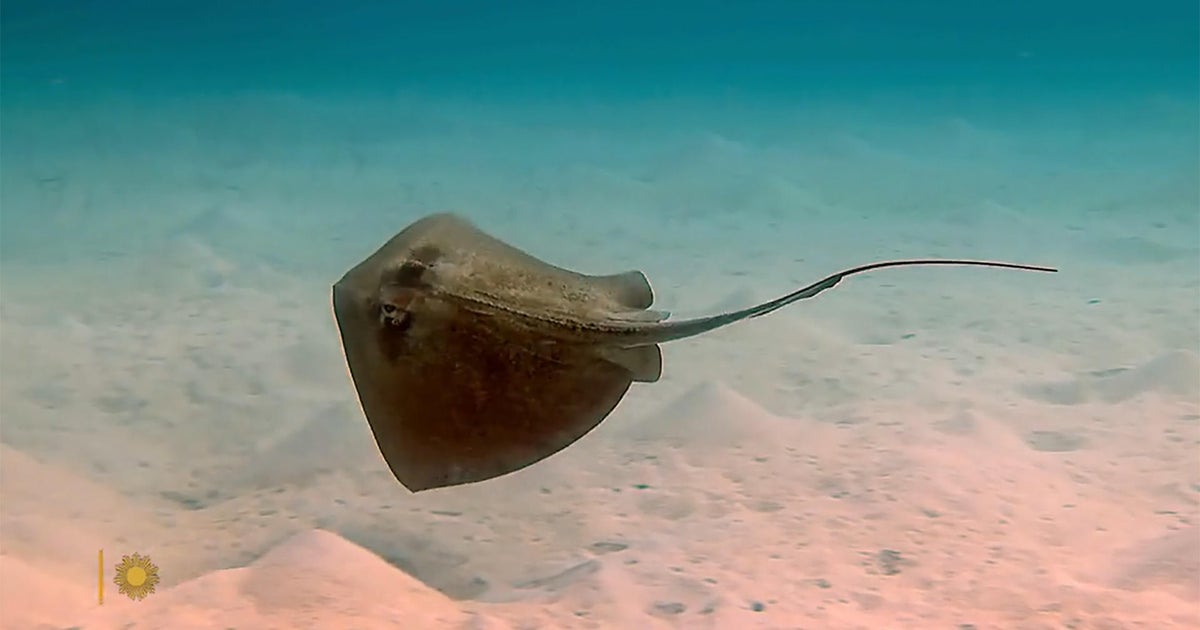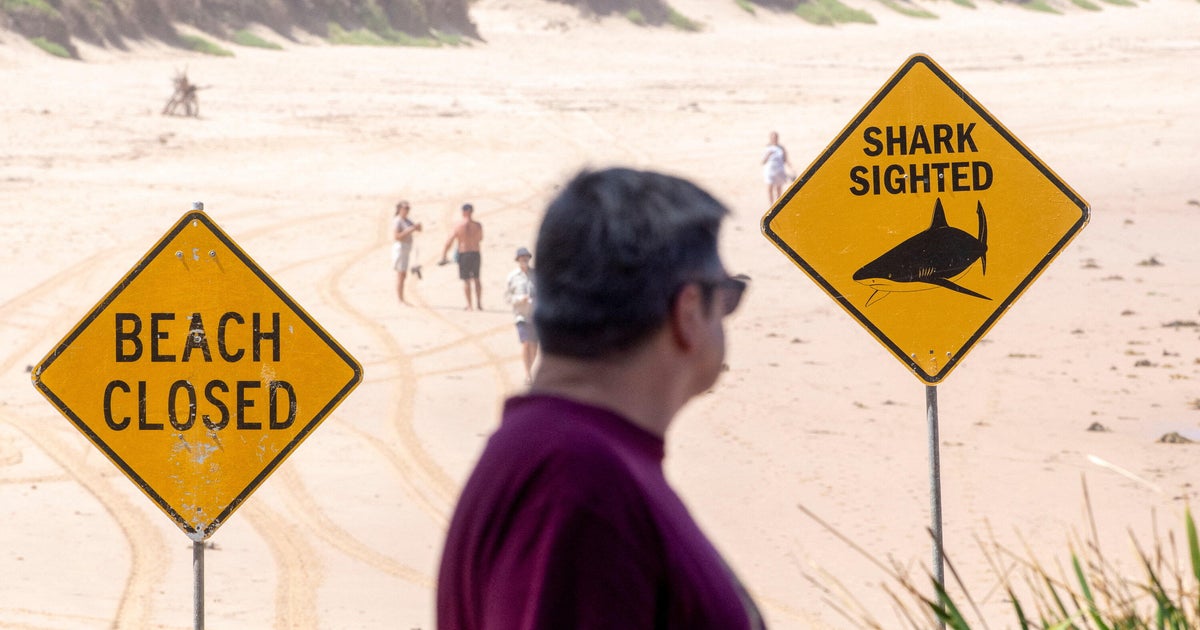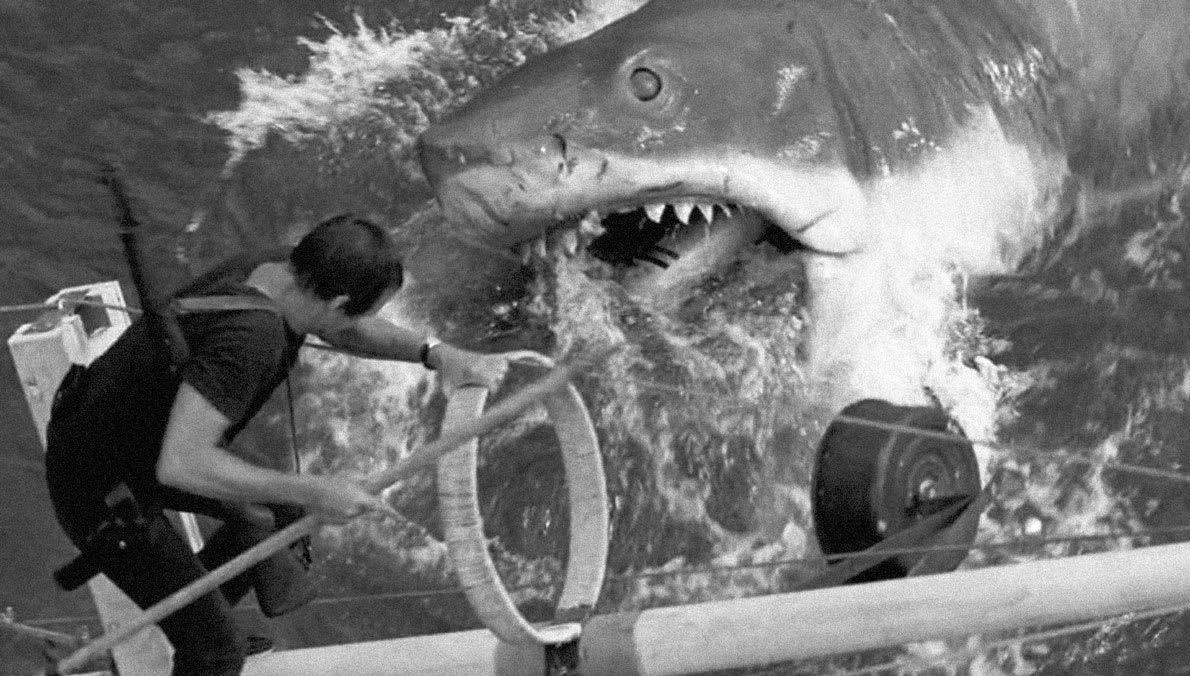Months after aquarium claimed stingray might be pregnant by sharks, tests show "rare reproductive disease"
Months after unfounded speculation that a stingray in a North Carolina aquarium was pregnant by a shark she shared a tank with, the establishment has confirmed that the sea creature actually has a rare illness.
The Aquarium & Shark Lab by Team ECCO said in February that the stingray, Charlotte, was carrying three or four pups. The round stingray was also found covered in shark bites, a sign of mating for that species. The aquarium does not have a male stingray, but did keep Charlotte in an aquarium with two young male sharks.
The aquarium suggested that Charlotte was pregnant either by those sharks or through parthenogenesis, a rare phenomenon where small cells from the mother's eggs are created and merge with the egg to create offspring. Experts said it was impossible for the stingray to be impregnated by sharks.
The aquarium at the time said that Charlotte was expected to deliver her pups in about two weeks, but she never did. This week, the aquarium offered a new explanation: The stingray had never been pregnant at all, but had instead developed a "rare reproductive disease."
In one of its frequent updates on social media, staff from the Hendersonville aquarium said on Friday that reports based on data and lab and testing results showed that the stingray had an unnamed disease that had "negatively impacted her reproductive system."
The aquarium said there was only limited research into the disease, and could not specify what the illness was besides a reproductive condition. Veterinarians and specialists are working to "better understand this disease and the treatment options for Charlotte," the aquarium said, noting in a later post that they have not found relevant studies on southern rays like Charlotte.
"While the research of this disease is limited, we hope that Charlotte's case and medical treatment will positively contribute to science and be of benefit to other rays in the future," the aquarium wrote.






